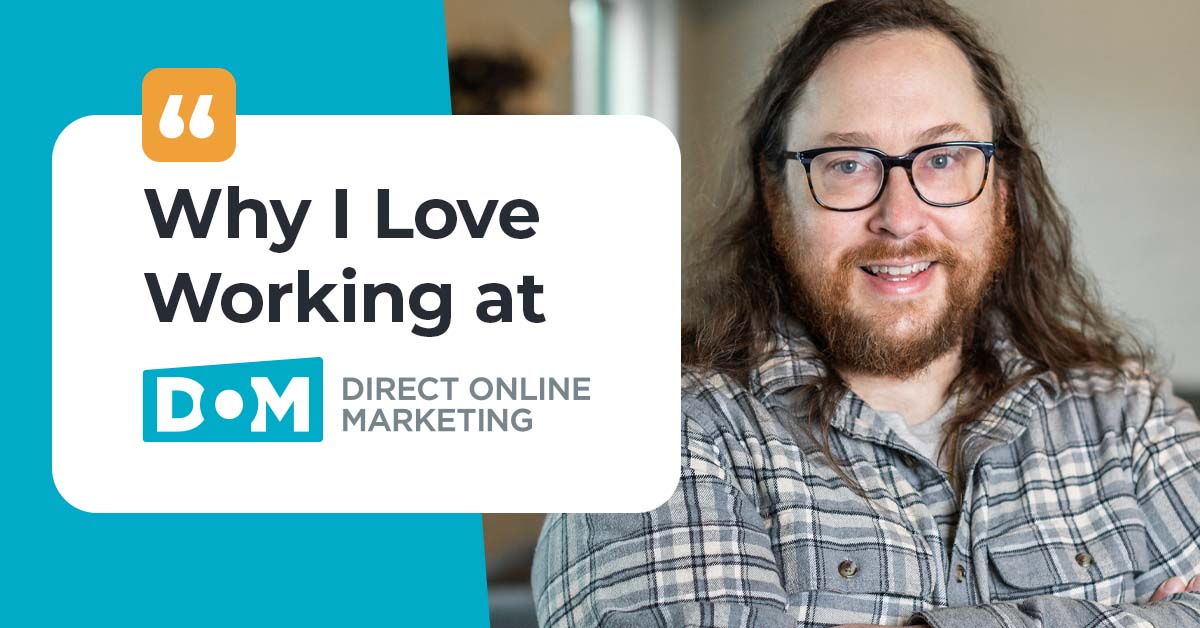Understanding how search engine optimization really works can be a bit confusing — especially if you aren’t familiar with all of the terms and phrases that digital marketers use when talking about the processes involved! Listed below are just a few of the most important terms you need to know in order to understand SEO:
- Content marketing: Creating and distributing content which is valuable to site visitors and inherently boosts SEO.
- Search engine optimization: More than just content creation, SEO services also address the technical aspects of getting a website to rank for a particular query. Search engine optimization is a delicate balance between quality and quantity.
- Black hat SEO: This refers to SEO strategies which are a little less than respectable by Google’s Webmaster Guidelines standards; buying links and posting spammy comments, for example, are considered to be black hat SEO tools.
- White hat SEO: The exact opposite of black hat! White hat SEO refers to any SEO strategy which abides by Google’s Webmaster Guidelines and which doesn’t try to “trick” Google’s ranking algorithms.
- Social media marketing: The practice of using social media sites, like Facebook and Twitter, to influence SEO rankings. Social media is becoming more influential in SEO; it’s expected that marketers spent about $8.3 billion on social media advertising in 2015, and 63% of Millennials interact with brands through social media channels.
- Algorithms: What search engines use to automatically rank websites based on a number of factors. The most popular search engine is Google and its “algo updates” tend to be the most influential. You’ll probably hear about Panda (quantity), Penguin (quality), Pigeon (local SEO), and Hummingbird (query result accuracy).
- Backlink: Any link on another website that leads directly back to your website. Backlinks are a major factor in SEO and the process of link building is essential for getting good page rankings.
- Domain authority (DA): The way that Google measures (or grades) a website, using a number between 1 and 100 with 100 being a perfect score. DA refers to the authority and legitimacy which a website innately has, and a higher DA site is likely to rank higher on a SERP (search engine results page).
- Google bot/spider/crawler: A program used by a search engine — the most common being Google — to “crawl” through the web and index pages. Google’s spiders are the programs that synthesize metadata, page views, and all the other numerical aspects of a website.
- Keyword density: The percentage of each word/phrase on a page. “Keyword stuffing” refers to unnatural placement of keywords or unnaturally high density.
- Inorganic search result: Any paid advertisement on a relevant SERP. Inorganic links are part of PPC services (pay-per-click) and focus on immediate conversions.
- Organic search results: Any result on a SERP which appears naturally because of legitimacy — AKA, what SEO services address! Organic search rankings can’t be purchased, and 70% of all query clicks go to organic results.



